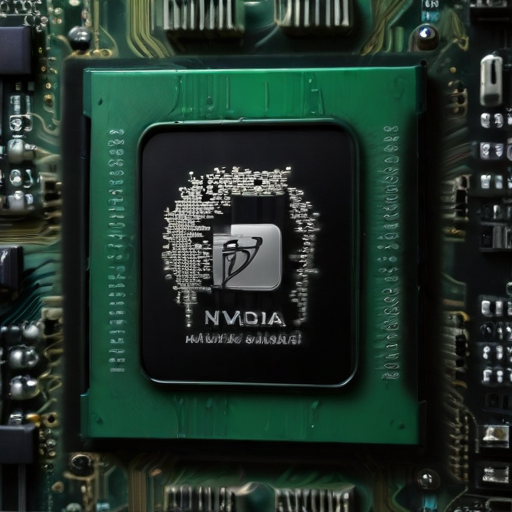As the United States contemplates more stringent trade restrictions to curtail the flow of advanced chip technology to China, Nvidia, a leading American chip manufacturer, is reportedly developing a modified version of its latest artificial intelligence chips to comply with these regulations.
According to reports from Reuters, Nvidia is collaborating with the Chinese distribution partner, Inspur, to introduce its new chip, tentatively named the “B20,” tailored specifically for the Chinese market. This chip is slated to begin shipping in the second quarter of 2025. Nvidia has chosen not to comment on these developments.
Currently, Nvidia has three chips designed to align with U.S. export controls, one of which is the H20. In an effort to boost flagging sales against the competition from domestic rival Huawei, Nvidia has reduced the prices of the H20 chip. Recent data indicates that sales for the H20 are on the rise, and Nvidia is anticipated to sell over one million units of this chip in China this year, potentially generating around $12 billion in revenue, as reported by the Financial Times. Notably, this projection nearly doubles Huawei’s expected sales for its Ascend 910B chip.
However, analysts at Jefferies have cautioned that Nvidia’s H20 chips may soon face new restrictions under U.S. export regulations. With the annual review of semiconductor export controls occurring in October, analysts suggest it is highly probable that the H20 may be outright banned from sale to China. Such a ban could be enacted in several ways, including a product-specific prohibition, a reduction in the permissible computing power threshold, or limitations on memory capacity. There is also speculation that the U.S. could broaden these export controls to encompass chips sold to neighboring countries like Malaysia, Indonesia, and Thailand, or extend the restrictions to overseas Chinese enterprises, although this would be more challenging to implement.
This evolving situation highlights the ongoing tensions in international trade, especially in the tech sector, prompting companies like Nvidia to adapt and innovate in the face of regulatory challenges. The efforts to develop compliant products, such as the B20, indicate a potential for continued business growth and market presence in China despite the existing trade constraints.
Overall, while the landscape remains complex and uncertain, Nvidia’s proactive approach in creating specialized solutions reflects a commitment to navigate this challenging environment effectively and sustain its competitive edge.
